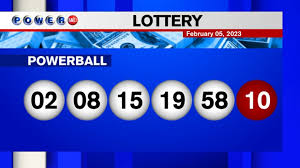The dream of winning a life-changing sum of money powerball provides a powerful incentive for individuals to participate, despite the overwhelmingly low odds of success. The anticipation of the draw and the brief moment of hope as numbers are announced create a unique and emotional experience that transcends socioeconomic boundaries.
Probability and Odds:
Lotteries are inherently games of chance, and understanding the role of probability is crucial for participants. The odds of winning are typically astronomical, with the chances of hitting the jackpot often resembling a needle in a haystack. Despite this, millions of individuals worldwide engage in lotteries, driven by the belief that luck might smile upon them.
Lottery Systems and Strategies:
Various systems and strategies have emerged over the years, claiming to increase the chances of winning the lottery. Some people rely on superstitions, such as choosing numbers based on significant dates or using numbers that have won in the past. Others turn to mathematical formulas and statistical analyses in an attempt to predict winning combinations. However, it’s essential to recognize that the lottery is a game of pure chance, and no strategy can guarantee success.
Impact on Society:
While lotteries generate substantial revenue for governments and contribute to public projects, they also raise ethical concerns. Critics argue that lotteries disproportionately target low-income individuals, exploiting their hopes and dreams. Additionally, the potential for addiction and financial mismanagement is a pressing issue, as some participants may invest more than they can afford in pursuit of elusive riches.

More Stories
Understanding Slot Machines: The Evolution, Mechanics, and Psychology Behind the Game
The Allure of Slot Machines: A World of Luck, Strategy, and Technology
The Fascinating World of Slot Machines: History, Mechanics, and Modern-Day Trends